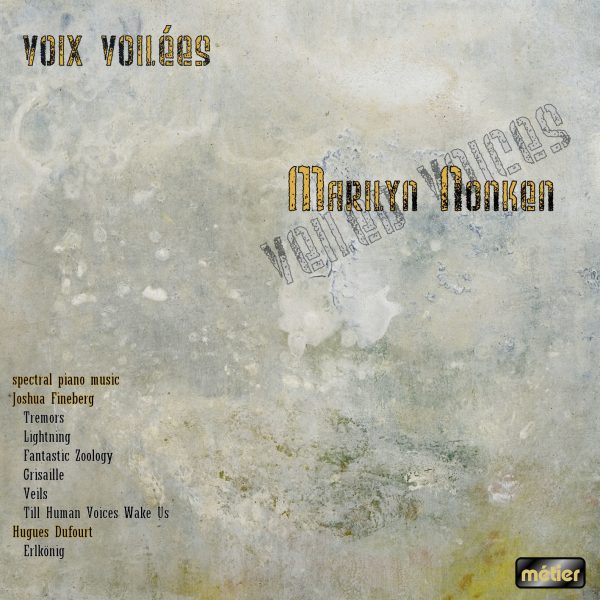International Piano
Marilyn Nonken is a persuasive advocate for spectral music – through which, she suggests, ‘we may find ourselves resensitised to the internal life of sounds’. First developed in France in the 1970s, chiefly by Tristan Murail, Gérard Grisey and Hugues Dufourt, spectralism is all about exploring that internal life – timbres, textures, resonances – guided by computer analysis of sound spectra as an alternative to the external logics prescribed by traditional composition.
Nonken has followed her outstanding 2-CD set of Murail’s complete piano music with a disc devoted to his colleague Dufourt and his ex-student, the American composer Joshua Fineberg. Like Murail, Fineberg focuses on the piano’s potential as ‘a vast reverberant chamber’, saying of his Veils that ‘All of [the] activity which is normally thought of as “the music” can be seen as a sort of veil, hiding the real music whose heart is in the underlying resonance.’ Other titles imply similar analogies, among them Tremors and the recent Grisaille.
Dufourt’s 30-minute Erlkönig, the last of his four ‘Meditations’ on Schubert’s settings of Goethe, is even more demanding – Nonken refers to its pages of ‘dense, mercilessly virtuosic writing’. Brief, dramatic eruptions punctuate gradual, ever-shifting transitions; Nonken handles the incremental tension superbly, even if she holds back a little from the score’s demand that the ending ‘sound as shrill and violent as a dentist’s drill.’
Graham Lock
@divineartrecordingsgroup
Search
Newsletter
A First Inversion Company
Registered Office:
176-178 Pontefract Road, Cudworth, Barnsley S72 8BE
+44 1226 596703
Fort Worth, TX 76110
+1.682.233.4978












